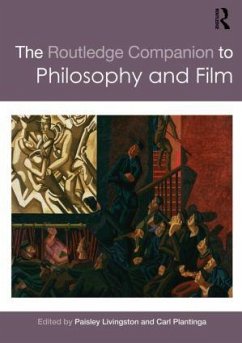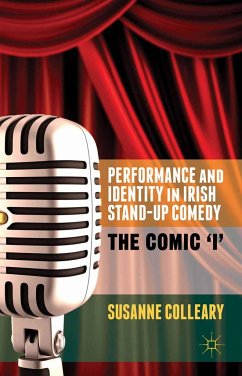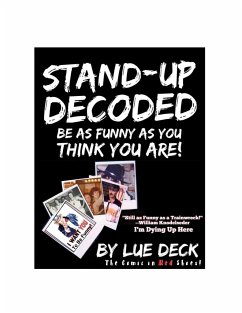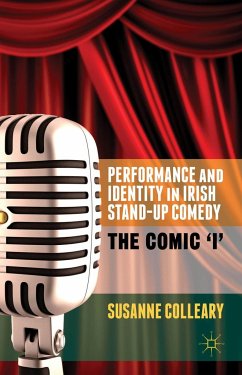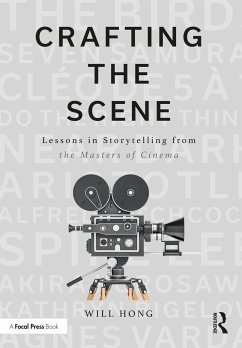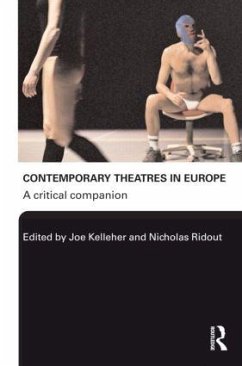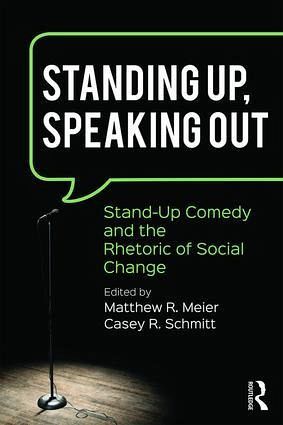
Standing Up, Speaking Out
Stand-Up Comedy and the Rhetoric of Social Change
Herausgegeben: Meier, Matthew R.; Schmitt, Casey R.
Versandkostenfrei!
Versandfertig in 6-10 Tagen
50,99 €
inkl. MwSt.

PAYBACK Punkte
25 °P sammeln!
In recent decades, some of the most celebrated and culturally influential American oratorical performances have come not from political leaders or religious visionaries, but from stand-up comics. Even though comedy and satire have been addressed by rhetorical scholarship in recent decades, little attention has been paid to stand-up. This collection is an attempt to further cultivate the growing conversation about stand-up comedy from the perspective of the rhetorical tradition. It brings together literatures from rhetorical, cultural, and humor studies to provide a unique exploration of stand-...
In recent decades, some of the most celebrated and culturally influential American oratorical performances have come not from political leaders or religious visionaries, but from stand-up comics. Even though comedy and satire have been addressed by rhetorical scholarship in recent decades, little attention has been paid to stand-up. This collection is an attempt to further cultivate the growing conversation about stand-up comedy from the perspective of the rhetorical tradition. It brings together literatures from rhetorical, cultural, and humor studies to provide a unique exploration of stand-up comedy that both argues on behalf of the form's capacity for social change and attempts to draw attention to a series of otherwise unrecognized rhetors who have made significant contributions to public culture through comedy.






